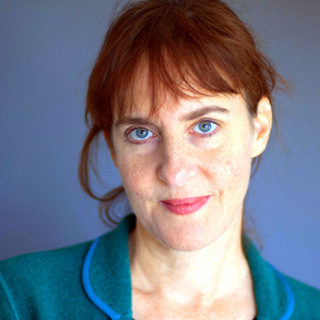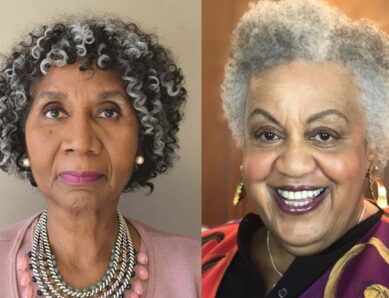Twenty years ago, two American academics published a book about the experiences of Black and white women in the workplace. Titled “Our Separate Ways,” it was the culmination of eight years of research, and showcased the stories of dozens of professional women – their roots, opportunities, challenges, and successes.
Now the authors, Ella Bell Smith (above, right) and Stella M. Nkomo (left), both African American women, have reissued their book to encourage leaders to keep talking about race and gender, and about what needs to change for barriers to lift.
Where Are the Women?
Since their book’s publication over 20 years ago, the situation has barely changed. Talented women of all backgrounds are still facing challenges in career advancement, and organizations are missing out on their contributions as a result.
The authors identify several reasons why progress has been so slow, particularly for women of color.
There are the check-box diversity programs that fizzle out when allocated funds dry up. There’s a lack of training and development opportunities for under-represented groups, and not enough sponsorship. And there’s the constant need for Black women to “prove themselves three times more,” as Bell Smith puts it, which can simply wear them out.
To really make a difference, they recommend a radical change of strategy in most organizations, including a rethink of the term “inclusion.”
Redefining Inclusion
“‘Inclusion’ means people coming in who are different, whether they’re Black, white, gay, lesbian, another gender, they are expected to assimilate into pre-existing structures,” Nkomo points out in our recent interview. “[But] if you’re simply just going to fill that seat and not do anything differently, well, I think that’s problematic.”
Indeed, she brands such assimilation as “dangerous,” because it reinforces an imperfect status quo.
Instead, leaders should “think about transforming the structures and the barriers, and really looking at doing a diagnosis.” They should ask themselves: what’s helping only certain people rise to the top? Are we willing to change those structures?
A Surprising Discovery

I ran into similar questions many years ago, when I was appointed editor-in-chief of a small weekly newspaper. On my first day in the job, I received the computer of my predecessor, who had cleaned out his email inbox, but not his sent mail. Perhaps I should have done it for him, but it didn’t seem right to delete someone else’s messages. So I casually scrolled down the sent emails, wondering what to do.
That’s how I stumbled on some surprising correspondence. It dated from a few months before I joined the newspaper, when the three white male owners and the white male former editor were deciding who to hire for the editor-in-chief position – me or the other short-listed candidate, a white man I’ll call Peter.
It turned out that Peter was bad news. Fascinated, I read the references from his former employers. Without exception, they warned against hiring him, with phrases such as, “I’ve never written a bad reference before, but I feel compelled to tell you that Peter is lazy and untrustworthy.”
Interspersed with these were glowing reports of my own previous work, from my referees.
Motivated by Bias
As this picture solidified, the emails between the owners became increasingly desperate. They began expressing reasons not to hire me, foremost of which was my lack of management experience.
Except I had plenty. My résumé showed several years of successfully managing teams. We’d even discussed it in my interviews, and my referees confirmed it. Why did they not see what was right in front of them?
After the third poor reference for Peter arrived, one owner wrote to the others: “But this doesn’t mean we can’t hire him, does it?”
In fact, it did mean that, and I got the job – at the time completely unaware that I was not the first pick.
The owners’ reactions were so illogical that they seem to have been motivated by bias, or even discrimination – perhaps based on my gender, or maybe on how I spoke. I’m British, they were American. Peter, on the other hand, looked and sounded just like them. This must have felt reassuring, like he would be the best fit.
Breaking the Frame
Nkomo and Bell Smith urge leaders to “break the frame” and make decisions based on analysis, not instinct. Leaders should examine their motives, recognize bias, and try to push through discomfort to “include everyone, no matter who they are.” And, throughout, the focus should always be on the “talent that they can bring.”
This may not be easy or comfortable, but it’s worth the effort, the authors say, for the positive difference it can make to organizations and their people.
Listen to My Interview With Ella Bell Smith and Stella M. Nkomo
Discover fascinating insights from some of the world’s leading business figures with my series of Mind Tools Expert Interviews.
If you’re not a Mind Tools Club member, you can join here, and access over 2,400 resources, including more than 200 Expert Interviews. For corporate licensing, request a demo from one of our team.



